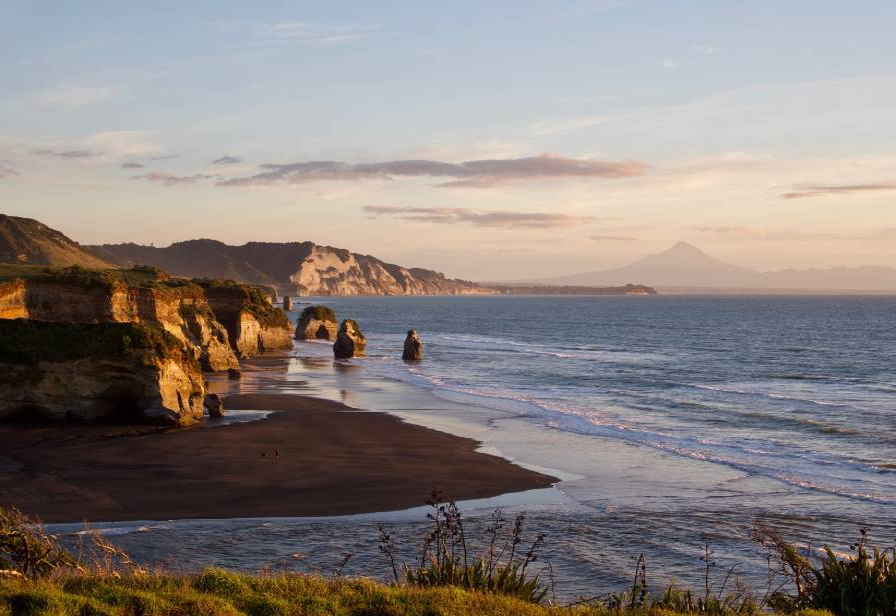Taranaki’s iconic surf breaks are now legally protected with the signing off of Taranaki Regional Council’s Coastal Plan.

The Coastal Plan for Taranaki is now operative.
The signing of the Plan by Minister of Conservation Willow-Jean Prime means it is now operative and brings an end to a four-year review process where public feedback has helped shape the rules around using and protecting the region’s coastal marine area.
The Plan sets out legally enforceable rules for structures, disturbances, discharges, and the taking of natural resources. The Plan protects surf breaks, native marine biodiversity, taonga species, archaeological sites, sites of historic significance to Taranaki iwi, areas with outstanding natural character and areas popular for fishing, bird watching, swimming and walking.
The statutory document promotes sustainably managing coastal natural and physical resources and also sets out rules around discharges into the marine environment and structures such as sea walls.
Council Policy and Planning Committee chair Craig Williamson welcomed the final hurdle of the long review process being cleared and says the plan coming into effect means Taranaki people can have confidence in the rules around how the region’s stunning coastal areas are protected.
“Taranaki has some of the most beautiful coastal locations in the whole of Aotearoa and we want to ensure these areas are protected not just now but for future generations as well,” Mr Williamson says.
“We know our community has a passion to protect these areas too. Whether it’s for surfers to enjoy our fabulous surf breaks, people to fish for kaimoana or take a dip in their favourite swimming spot, this plan assures us that there are rules in place that preserve and safeguard these areas for the long-term.
“We want to ensure our environment is protected from harm and the Coastal Plan provides legally enforceable rules, including rules for oil and gas activities, disturbances to the seafloor and structures in the sea.”
The road to the Coastal Plan becoming operative has included opportunities for the public, tangata whenua, other councils, the primary sector and industry to make submissions, Environment Court mediation and approval by the Regional Council’s councillors before being signed off by the Minister of Conservation.
Anyone wanting to know about the rules can download the Coast Plan here(external link) while those planning a permitted activity should contact the Council by submitting an online form here(external link).